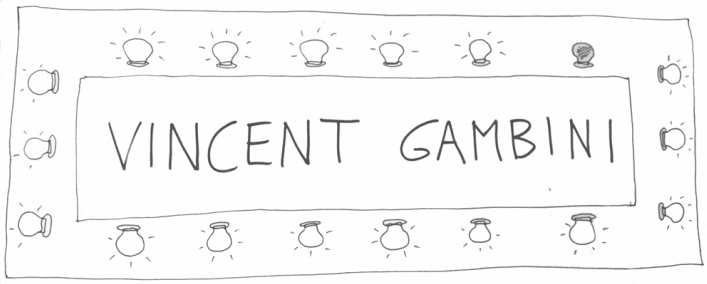Stone puts the problem down to the assumed, and never questioned, need for secrecy:
‘Many professional have trade secrets, but in most, secrecy is not the defining characteristic of that profession. Few crafts so fiercely demarcate the line between artist and the audience as magic does.’ (p.136) Whereas musicians, writers or film makers might share the secrets of their profession with their audiences, magicians don’t, or feel they cannot: ‘Magic stands alone in demanding blanket ignorance from its audience.’ (p.136)
Whilst this might make magic special, at its worst the world of magic is slow moving, retrograde, conservative and even Masonic (I was surprised to read that many magic presidents of US societies are bona fide Masons).
In the book Stone makes some great points about how exposure (of tricks and their methods) might actually enable progress to be made, and how audiences also tend to quickly forget working methods, so strong is the illusion when seen afresh. But many magicians prefer to play the conservative card, and are vehemently anti-exposure. As Stone correctly diagnoses, this stance is very problematic:
‘The main problem with the antiexposure stance is that it sells magic short. It portrays magic as a stagnant enterprise with a handful of secrets that might easily be exhausted… It infantilizes the spectator by implying that they can’t be trusted not to step on their own fun, arrogating to the performer the power to decide what’s in an audience’s best interest.’ (150-151)
Stone’s book, particularly Chapter 6, has reminded me of how much it’s easy to get drawn into a small world of ‘sleights’ for aficionados only, pursuits that, whilst admirable, leave out the audience. Meaning, that many magicians aren't so aware of how magic is a form of theatre and performance. The 'trick' is vital, but only a partial component.
Perhaps the insistence in guarding secrets prevents magic from flourishing as an art form. Penn & Teller, once again, are a great example of how to innovate magic, precisely by playing with secrecy and revelation. No wonder magicians came out against them at the start of their career: they dared to embrace magic as a form of theatre, and to revitalise it.
To be continued...
Enjoy Alex Stone's book!

 RSS Feed
RSS Feed